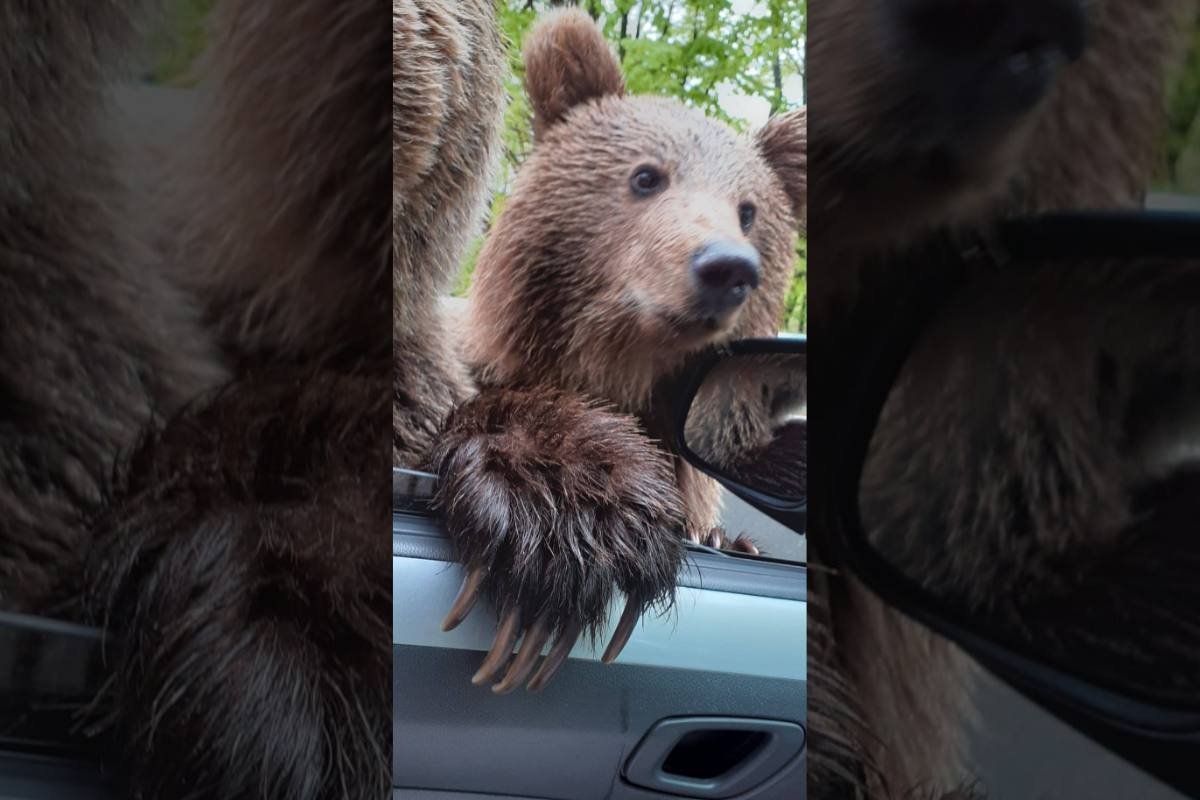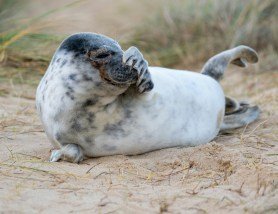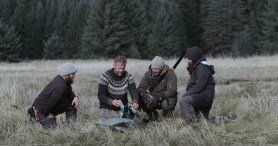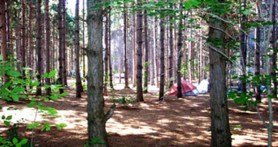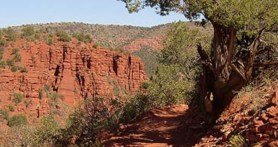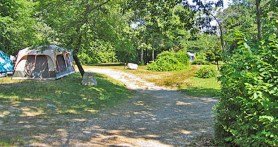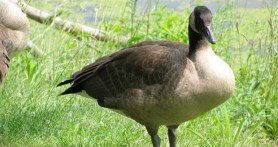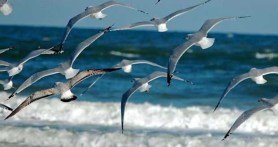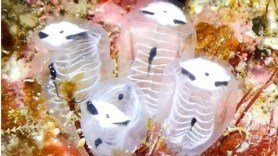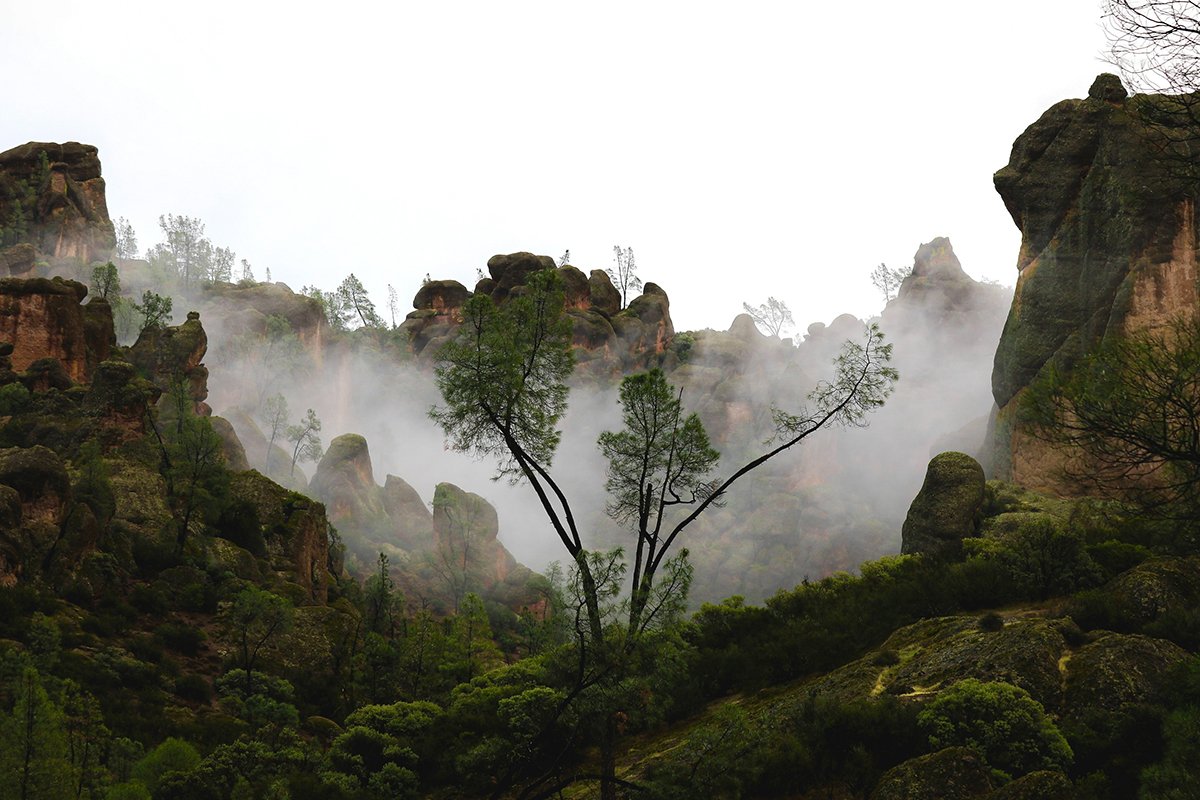

California’s Pinnacles National Park is one of the most underrated and most breathtaking of all of the 63 national parks. Patches of greenery cling to jaw-dropping cliffs, while historic rock formations amaze the thousands of tourists who visit this natural wonder.
Whether it’s your first time or your one-hundredth venture through the Pinnacles National Park trails, the area will continue to exceed your expectations. To ensure you make the most of this bucket list experience, we packed everything you need to know about this outdoor lovers’ playground, from things to do to places to stay below.
Getting to Pinnacles National Park
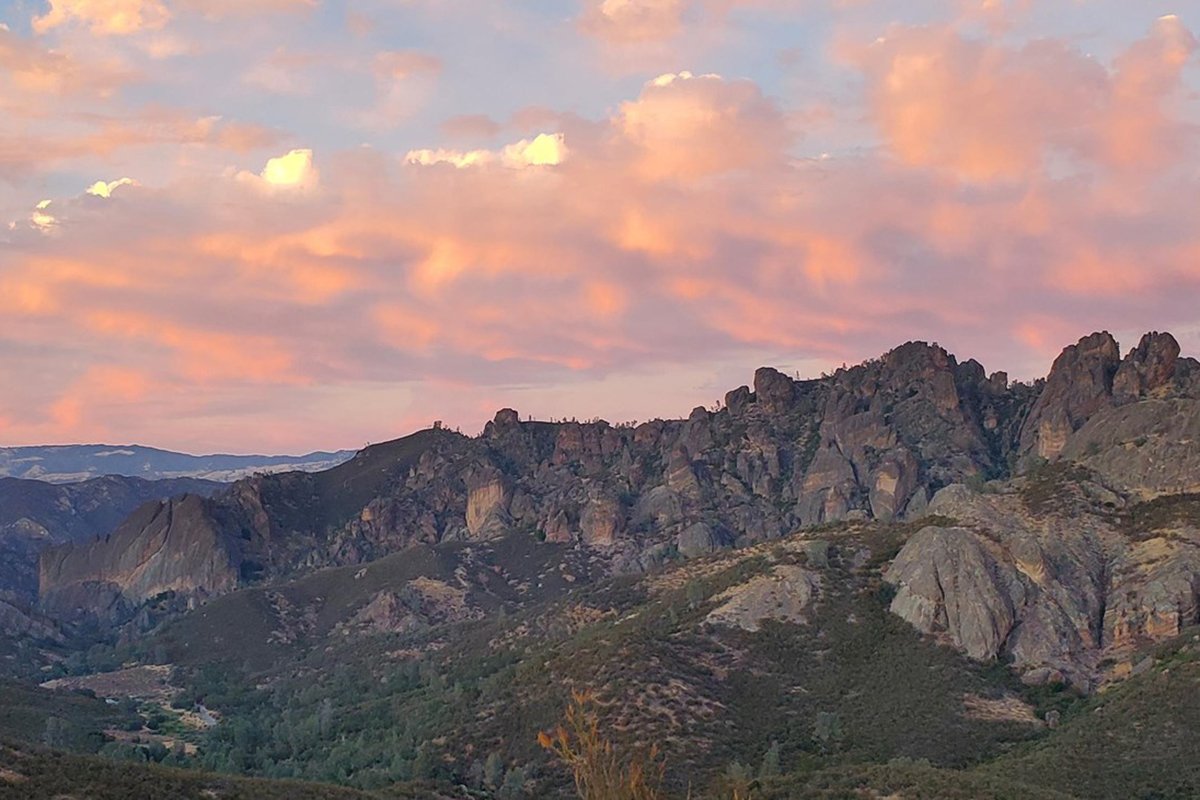
Wedged between the bustling lanes of Fresno and the golden sandy coastline stretching along the Pacific Ocean, Pinnacles National Park sits in the heart of California. It’s located about 120 miles north of San Francisco, the closest major city. While traffic in the area is unpredictable, you can expect the drive to take between 2 and 2.5 hours.
While there are two entrances, the east entrance from Paicines is often preferred by tourists coming from the city. This route involves heading onto the 101 south to Highway 25 and, from Highway 25, turning right onto Highway 146.
The journey from Los Angeles to Pinnacles National Park is longer, not that you will notice, as it’s one of the most impressive drives in the United States. The trip should set you back around 4.5 hours along I-5 N, where there are plenty of rest and gas stops for comfort.
The Best Time to Visit Pinnacles National Park
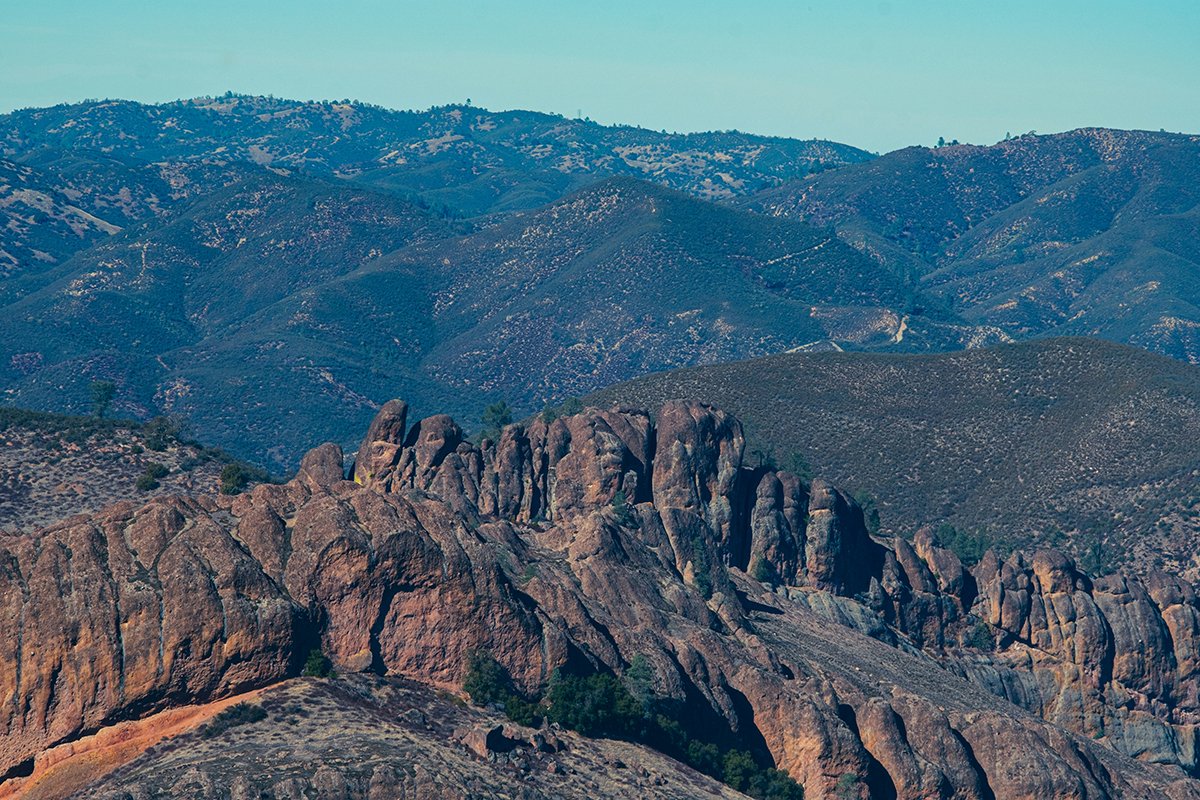
While everyone has their own preference, you should consider factors like the park’s desert climate, peak travel seasons, and local events while planning your trip.
Spring
The beginning of spring is one of the most highly anticipated times of the year in the Golden State. Grey overcast makes way for clear blue skies, and outside temperatures make a noticeable leap.
This timeframe lasts three months, from mid-March to the middle of June. Of course, the later you walk the Pinnacles National Park trails, the warmer the days will be. June is the hottest month when you can expect an average temperature of 65 degrees F. March is the coolest when the daily high conditions are still a warm 54 degrees F.
The pleasant weather and lower tourist numbers make spring arguably the best time to visit Pinnacles National Park. The heat is manageable for hikers, and the fewer herds of sightseers allow you to explore the vicinity at your own pace. As a bonus, wildlife, including California condors and Western Pond turtles, emerges from hibernation.
Summer
Summer is the most popular term for visitors. Summer vacations, school breaks, and sunshine draw thousands of people to the area weekly. Although you’re almost guaranteed sunshine, there are a few drawbacks to coming during the busy season.
The Pinnacles National Park weather is an obstacle to overcome if you plan to pursue outdoor activities. While the temperature settles around 60 degrees F at night, it can reach as high as 100 degrees F during the day. Therefore, the park service recommends that you plan to start your adventures early.
Fall
Fall is the shoulder season for visitors when you can avoid the scorching summer heat and busy walkways that extract from the tranquil atmosphere. Campers adore this time of the year as the heat cools down. But it still provides a comfortable climate outside the tent to gaze upon the dazzling stars lighting up the night sky.
But you don’t have to be a camper to enjoy this period. Photographers will benefit most from this opportunity. In some areas, the changing Pinnacles National Park weather brings golden walkways weaving through grassland with a brown or reddish tint. These spots feel like undiscovered, hidden treasures that dot around the park.
Winter
Most people associate the Golden State with sunkissed shores, endless beaches, outdoor sports, and vibrant festivals. Thus, many overlook the region during the magical winter period.
Contrary to popular belief, central California, including Pinnacles National Park, receives snow annually. The cold period only lasts from December to February. But temperatures can plummet to 32 degrees F, bringing a blanket of thick white snow to the peaks of the mountains here, turning this natural wonder into a winter paradise.
The cold weather makes it ideal for winter sports. Due to the demanding nature of rock climbing, you will frequently see thrill seekers ascending the towering ridges. In addition, December and January are preferred times for bird watching since the chances of spotting migratory birds increase.
Don’t forget to bring seasonal equipment like winter boots with quality traction. The icy conditions can make it challenging even for the most experienced hikers.
Things to Do in Pinnacles National Park
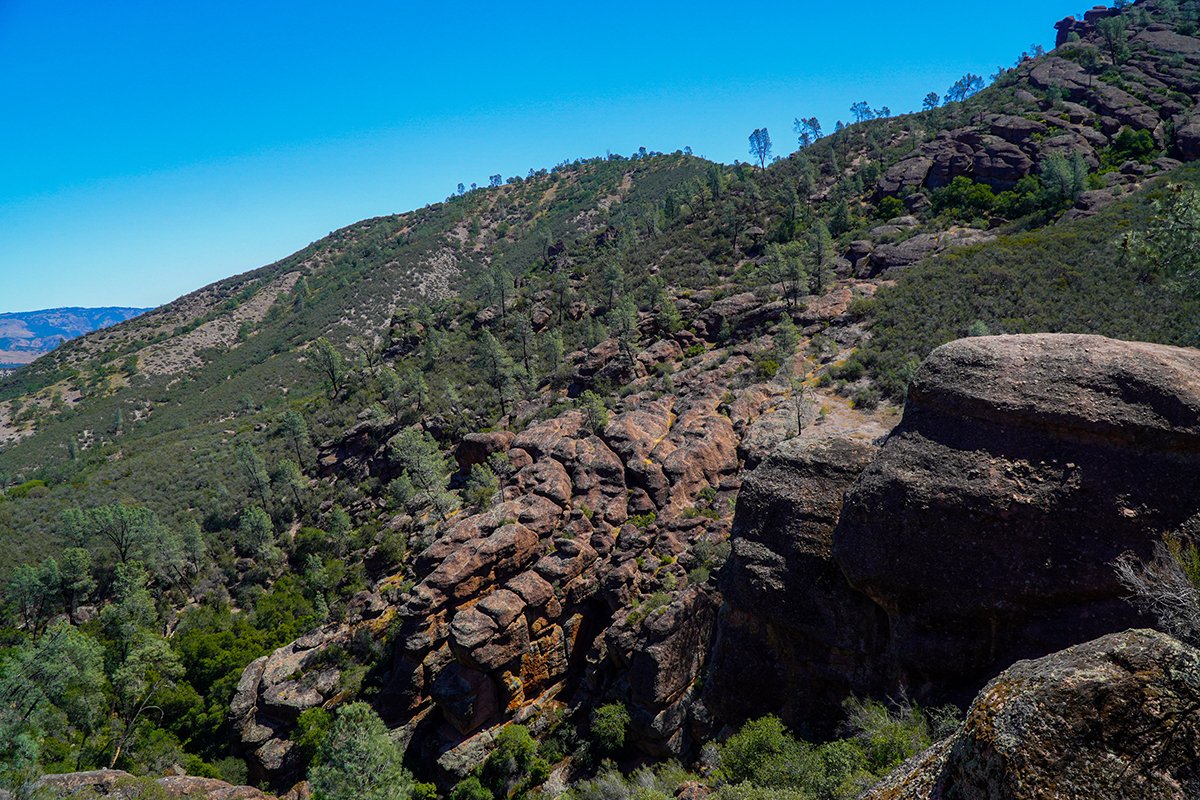
With countless ways to entertain yourself at Pinnacles, the park receives almost 350,000 visitors per year. From the depths of the glimmering lakes to the dominating mounts and everywhere in between, there is an activity for you to enjoy. Families, friends, couples, and solo hikers come as the range of things to do caters to everyone.
Hike the Pinnacles National Park Trails
Pinnacles National Park’s beauty spans over 26,000 acres. So you’re spoiled for choice when it comes to picking a trail. Not only will you uncover numerous paths, but you can also choose from various difficulties and skill levels.
Moses Spring and Rim Trail Loop are perfect if you’re traveling with children or want a relaxing stroll. The two-mile looped path takes about an hour to complete. Plus, there are plenty of opportunities to stop and enjoy the scenery. It’s one of the most leisurely hikes in the park.
If you’re searching for something more strenuous and adventurous, put the High Peaks and Balconies Cave Loop Trail at the top of your to-do list. The looped track extends 1,650 feet into the heavens to give you a birds-eye view of the park and beyond. Along the way, you will also discover mysterious caves that resemble the plot of almost any Western movie.
Finally, The Greatest Hits Loops is for expert hikers willing to venture for almost 13 miles over 6.5 hours. The walkway has everything it says on the tin. It takes you by some of the most stunning nature nationwide, including Scout Peak, Monolith, and the Fingers.
Experience Pinnacles National Park Camping
In recent years, camping has become one of the most beloved pastimes in the United States. Last year, around 92 million households stated that they were active campers. Due to the great views and temperatures, California is one of the best states for camping. Although wild camping is not allowed in Pinnacles National Park, you can still spend the night outdoors at the Pinnacles Campground. The facility is open year-round and offers non-electric tent-only sites starting at only $40 per night. You can rent cabins or bring your RV if you prefer a more comfortable stay. But be sure to book your spot, as places here sell out quickly, especially in the peak tourist season. You can do so six months in advance.
Some of the most beneficial amenities you find in the campgrounds are:
- Amphitheater
- Dump Station
- Grocery Store
- Showers
- Picnic Tables
- Foot Locker
- Fire Pits
- Wifi
If you take a spontaneous trip and the campsite is sold out, you can check out Yanks RV Resort. The ground is only 25 minutes south of the area, and there are all the facilities you need to recharge after a long day of sightseeing.
Take a Dip in Pinnacles National Park
Pinnacles National Park is for being one of the only national parks with a swimming pool. While weather conditions determine when it opens to the public, it’s generally open from April to September.
However, remember that swimming in the lakes is prohibited. The National Park Service stopped people from entering the waters to protect the endangered California red-legged frog that lives here.
Explore Pinnacles National Park Caves
If you’re an adventure seeker who loves touring uncharted territories, exploring the Pinnacles National Park caves is for you. Dark tunnels, Mother Nature’s bizarre natural phenomena, and hanging bridges await you here. Although there are only two significant cave-hunting areas, dozens of caverns litter the land.
Bear Gulch Caves is the most in-demand region for cavern seekers. Due to the unique formations and developments, the underground ventures will make you feel like you’ve entered another world. Giant boulders seem like they defy physics, and waters flowing from hanging slopes create a surreal environment that must be seen to believe.
On the opposite end of the park, you can explore the Balconies Caves. The trail stretches 4.2 miles and offers a great chance to talk with the locals. Even though this is considered a moderately challenging route, the scenic walk and the thrilling caves are worth the effort.
Visit Bear Gulch Nature Center
Pinnacles receives only 54 days of precipitation a year. But if you’re unfortunate enough to visit on a rainy day, you can still have fun and find shelter in the Bear Gulch Nature Center.
Tourists frequently overlook this hidden treasure. Yet, it offers a fantastic insight into the region’s nature and history. Not only is it an intriguing affair, but you will enjoy the outdoors more, knowing how specific factors influenced the shaping of the land. For younger guests, there are interactive displays and videos explaining everything you need to know about the area and your visit. The center is open daily from 10 a.m. to 4 p.m.
Where to Stay Near Pinnacles National Park
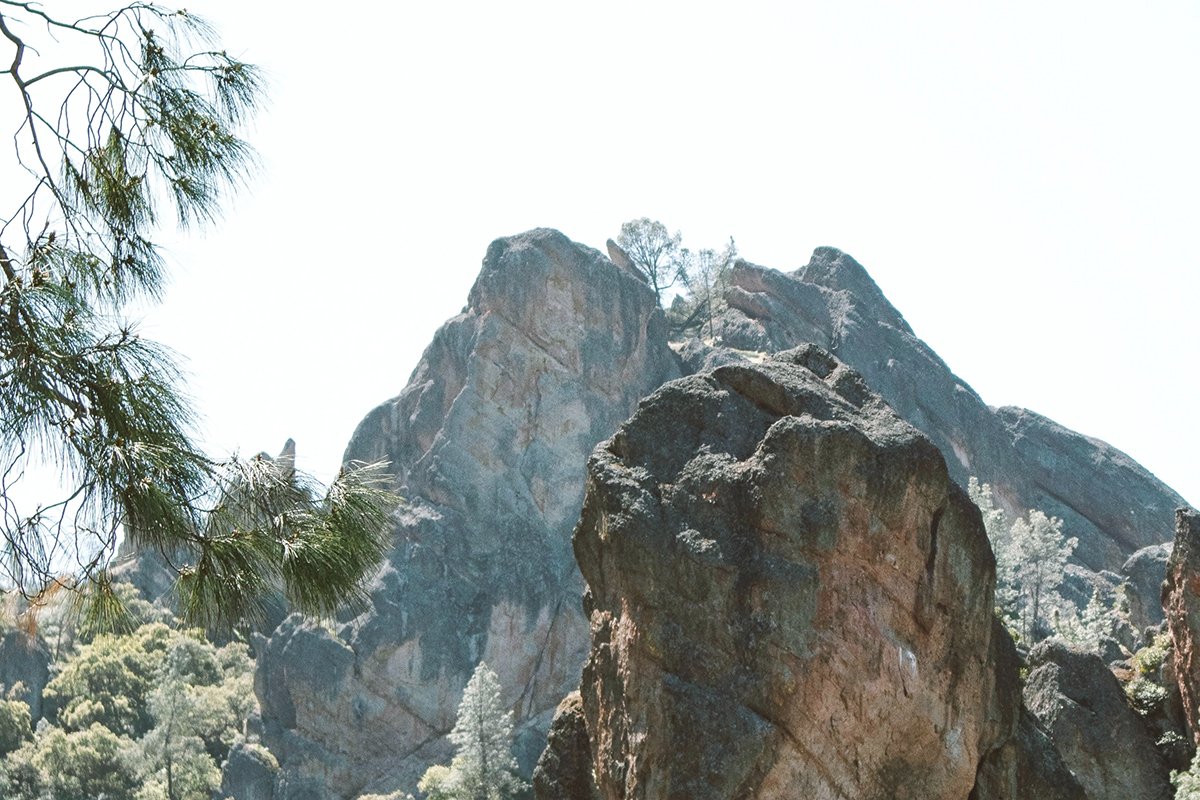
The majority of people who visit Pinnacles National Park choose to camp within its beautiful surroundings. But after a long day of climbing craggy hills and descending deep valleys under the Californian sun, you might want cozy accommodation to rest up and refuel at night.
Inn at the Pinnacles
The Inn at the Pinnacles is conveniently located only a stone’s throw away from the park’s designated zone. You can even admire its jaw-dropping cliffs peaking over the hills, stretching as far as the eye can see.
Quality Inn Near Fort Hunter Liggett
Around 20 miles southwest of Pinnacles National Park is the Quality Inn near Fort Hunter Liggett. The hotel sits in the heart of King City, home to numerous bars and restaurants to entertain yourself when the sun goes down. It’s also located along Interstate 101, giving convenient access along one of the state’s finest roads.
Bar SZ Ranch
Bar SZ Ranch is nestled in hills sandwiched between Pinnacles National Park and San Benito Mountain Research Natural Area. The idyllic countryside is a sneak peek into what you can expect on your voyage through the region. The setting is famous for weddings and celebrations. However, this woman-owned business warmly welcomes every type of visitor.
Motel 6 Soledad
Motel 6 Soledad is an excellent choice if traveling to Pinnacles National Park on a budget. You will see the two-star hotel in downtown Soledad along Highway 101, situated around 10 miles or a 20-minute journey to your desired destination. Smithsonian Magazine named the area the best-growing small town to visit this year. It’s also a suitable base for visiting nearby attractions, including Hahn Wines, Ventana Wines, and Vosti Park.
Keefers Inn
Keefers Inn is one of the highest-rated hotels on review sites. While it may be a bit further from Pinnacles National Park than others on this list, it’s still easily accessible from the east or west entrance and takes around 35 to 40 minutes to drive.
Tips for Visiting Pinnacles National Park
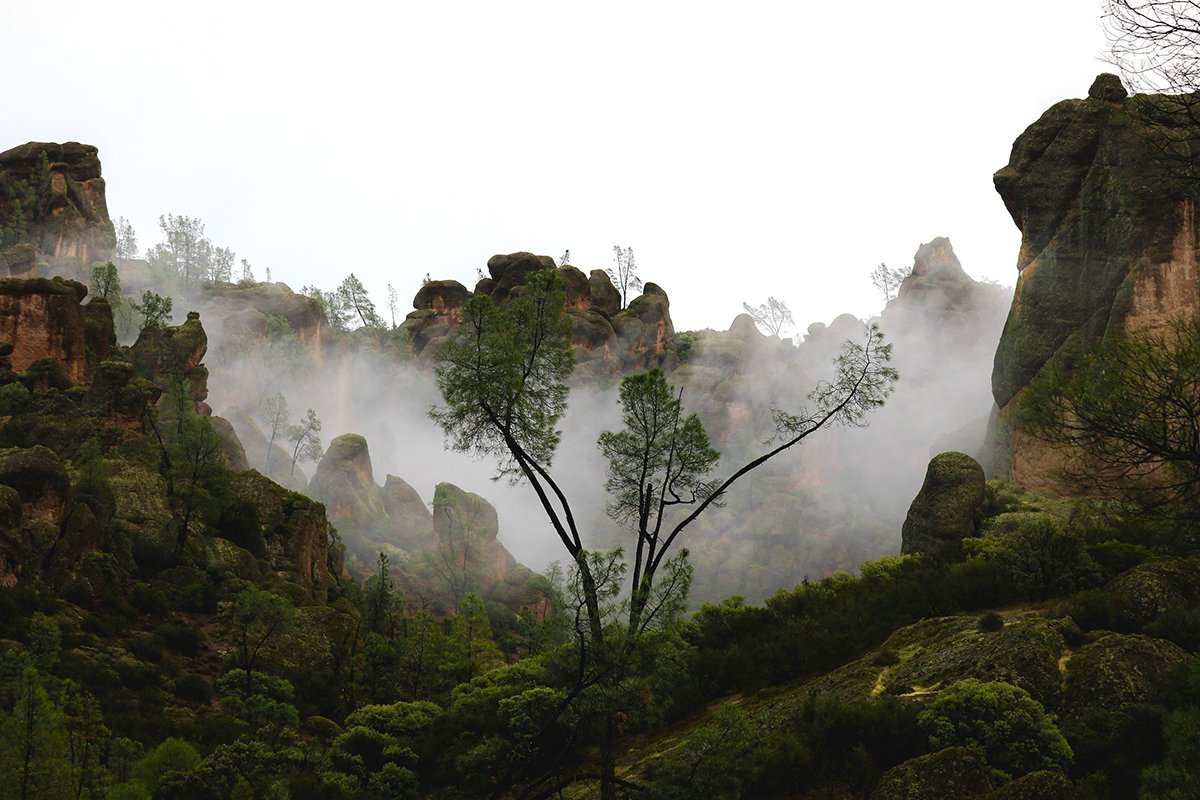
Pinnacles has been a national monument since 1908, yet the government did not proclaim it a national park until 2013. Since then, accidents have been rare, but they can still happen to anyone at any time. Additionally, Pinnacles National Park’s remote location makes it far from emergency medical assistance. To ensure a safe, secure, and enjoyable trip for everyone, use our insider tips when exploring the vicinity.
Plan Ahead
Check the weather forecast before you hit the road, and stay updated along the way, as conditions here can change in the blink of an eye. It’s also vital to check the official Pinnacles National Park website. They post trail and weather conditions so you know what to avoid and any other information needed for a secure trip.
Wildlife Safety
Pinnacles National Park is home to various wildlife, including birds, bats, and reptiles. While encounters with larger mammals are rare, it’s crucial to use caution. Remain safe from any wildlife you meet, and never attempt to feed or approach animals. Respect their natural habitat and observe from a distance to avoid disturbances. Be aware of potential hazards like rattlesnakes, especially during the warmer months. To do so, stay on marked trails, avoid tall grass, and watch your step to reduce the risk of seeing a snake.
Leave No Trace
Sadly, global warming is a real issue in the 21st century. Since 1880, the average earth temperature has risen by almost 2 degrees F, and 66% of this damage has occurred in the past five decades. The good news is that the Leave No Trace policy helps combat this unwanted issue. This means disposing of waste properly, respecting nature and wildlife, and trekking only on designated surfaces. We strongly believe the only thing you should take away is pictures, and the only thing you should leave is your footprints. By adhering to this policy, you can help preserve the park for future generations to enjoy fabulous memories like you in this astonishing natural wonder!
Plan for Hot Weather
Dehydration and sunstroke are the two most common problems for hikers to overcome in hot weather. Even if you’re venturing through Pinnacles National Park outside the summer season, planning for warm weather is always advised. For a safe and enjoyable trip, be sure to add these items to your travel checklist:
- A minimum of 2 liters of water per person
- Sunscreen
- Suncaps and sunglasses
- First aid kit
- High-energy snacks
- light-colored and lightweight clothing
Choose the Best Hikes in Pinnacles National Park for You
Believe it or not, over 30 miles of Pinnacles National Park trails pass through the land. Although gorgeous scenery and a sense of adventure bless every lane, each has unique traits that suit every traveler’s preference.
First, consider the people you are visiting with. If children are present, a 10-mile hike up a thousand-foot slope is not the best idea. Next, think about the difficulty. Each track is marked as easy, moderate, or challenging. Finally, acknowledge that features, including certain caves and rock formations, won’t be present on every walk.

